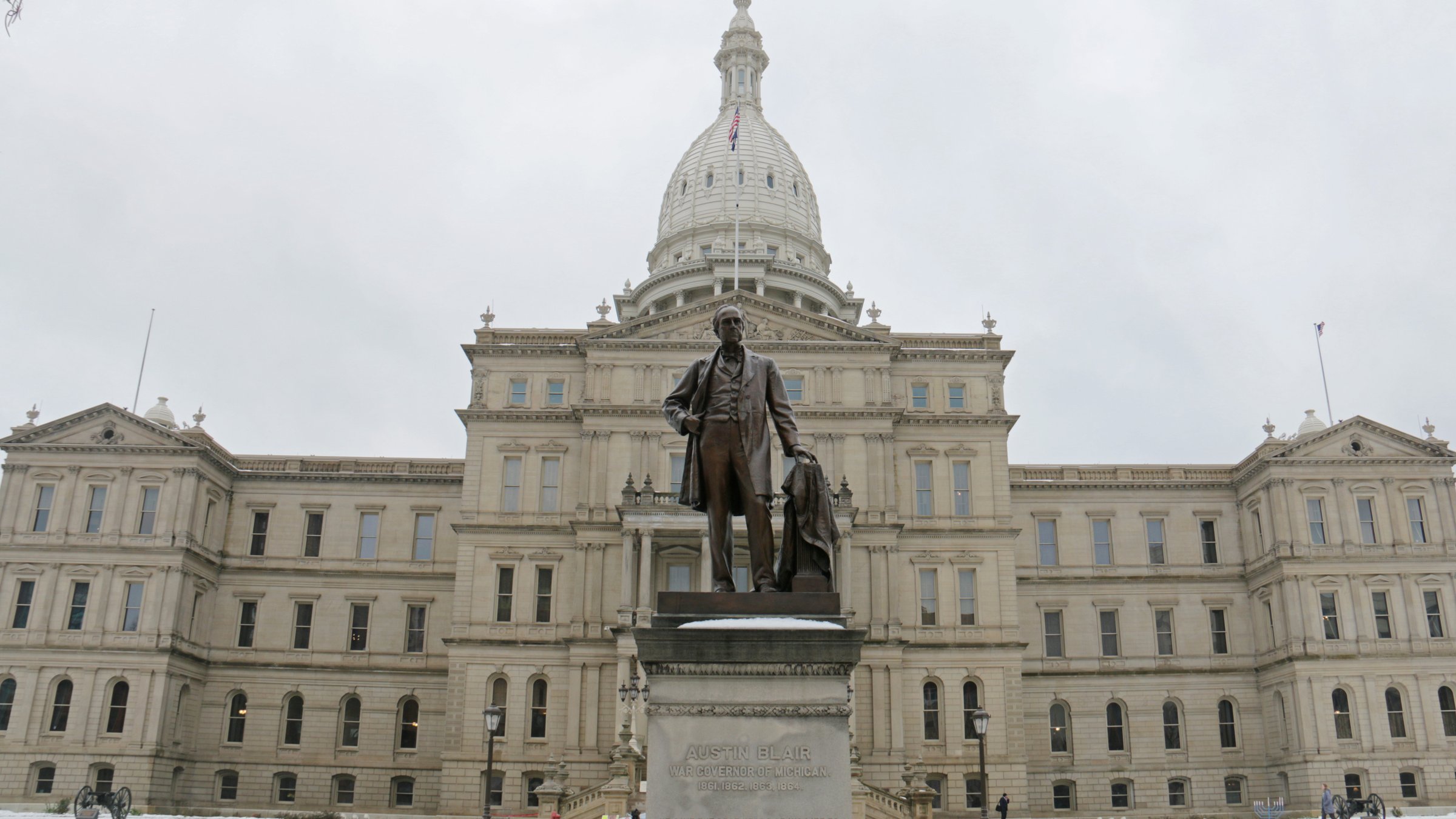Michigan Senate passes $70 million in aid to SNAP recipients, bill sent to the State House as federal funds set to lapse Nov. 1
LANSING — The Michigan Catholic Conference has voiced support for continued action by state lawmakers to cover food assistance payments set to end Nov. 1 because of the ongoing federal government shutdown.
The Michigan State Senate has passed a spending bill — Senate Bill 182 — that would provide approximately $70 million to help provide food to Michiganians who need it the most, the Michigan Catholic Conference said in a press release Oct. 30.
The bill needs approval from the state House of Representatives before it can advance to Gov. Gretchen Whitmer’s desk.
The deadlock in the federal government and subsequent monthlong shutdown have threatened federal payments to the state’s Supplemental Nutrition Assistance Program (SNAP). The Michigan Catholic Conference estimates 1.4 million Michiganians receive SNAP benefits.
In a separate move, the State of Michigan announced it would send $4.5 million to the Food Bank Council of Michigan to assist in food banks’ efforts to feed needy families.
“Michigan families and children should not have to go without food because of unrelated political circumstances outside of their control,” said Paul Long, president and CEO of the Michigan Catholic Conference. “We urge the state Legislature to continue taking steps to prevent individuals who are among the most vulnerable in our state from going hungry.
“Further, we join with the U.S. Conference of Catholic Bishops in calling on Congress and the federal administration to work in a bipartisan way to ensure lifesaving programs like SNAP are funded and to end the government shutdown as soon as possible.”
Funding for SNAP is scheduled to lapse Nov. 1, prompting Catholic Charities USA, the network organization dedicated to carrying out the domestic humanitarian work of the Catholic Church in the United States, to announce a national fundraising effort to provide an emergency supply of food to Catholic Charities agencies around the country.
"For low-income families and individuals who rely on SNAP and WIC to put food on their tables, this could be a catastrophic moment," Kerry Alys Robinson, CCUSA president and CEO, said in a statement. "The Catholic Charities network stands ready to come to the aid of our vulnerable brothers and sisters during this time of dire need."
A lapse in SNAP benefits would mark the first time in modern history there was such a disruption to the program, which is fully funded by the federal government, with the U.S Department of Agriculture administering the program through the states, and administrative costs split between the states and the federal government.
Archbishop Timothy P. Broglio, president of the U.S. Conference of Catholic Bishops, said in a statement released late Oct. 28 that the bishops are "deeply alarmed that essential programs that support the common good, such as SNAP, may be interrupted."
"This would be catastrophic for families and individuals who rely on SNAP to put food on the table and places the burdens of this shutdown most heavily on the poor and vulnerable of our nation, who are the least able to move forward," said the archbishop, who heads the U.S. Archdiocese for the Military Services. "This consequence is unjust and unacceptable."
Kate Scanlon of OSV News contributed to this report.
Copy Permalink
Social justice











